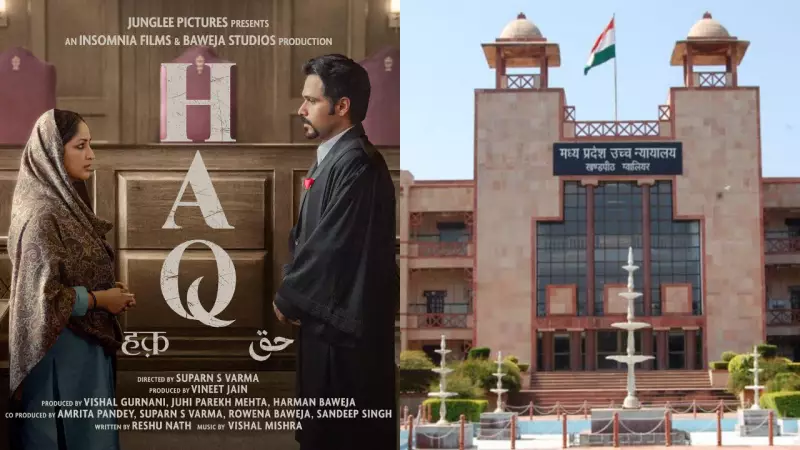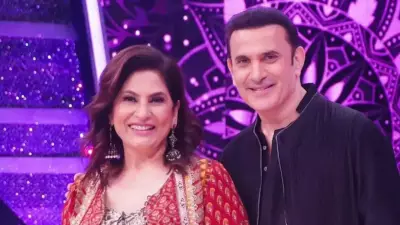
The Madhya Pradesh High Court has delivered a significant verdict in the ongoing legal tussle surrounding Emraan Hashmi's upcoming film 'Haq', dismissing the petition filed by the daughter of the late Shah Bano Begum. The court found no substantial merit in the plea that sought to halt the movie's production and release.
Court Finds No Legal Grounds for Intervention
In a decisive ruling, the High Court examined the petition thoroughly and concluded that there were no valid legal grounds to interfere with the making of the Bollywood project. The bench, after careful consideration of all arguments presented, determined that the concerns raised in the petition did not warrant judicial intervention in the creative process.
Historical Context of the Controversy
The legal challenge stemmed from the petitioner's concerns about the portrayal of her mother, Shah Bano Begum, whose landmark maintenance case in the 1980s became a watershed moment in Indian legal history. The case had far-reaching implications for Muslim women's rights in the country and continues to be a sensitive subject in legal and social discourse.
Emraan Hashmi's Upcoming Project
'Haq', featuring Emraan Hashmi in what is speculated to be a significant role, has been generating considerable buzz in Bollywood circles. The film's subject matter, touching upon the sensitive Shah Bano case, had raised eyebrows and concerns among certain quarters even before the current legal challenge emerged.
What This Ruling Means for Bollywood
The court's decision reinforces the principle of creative freedom in Indian cinema while acknowledging the need for responsible storytelling. This ruling is being seen as an important precedent for future films dealing with sensitive historical and legal subjects, balancing artistic expression with respect for real-life individuals and events.
The film industry has been closely watching this case, as it touches upon the broader question of how cinema can engage with controversial historical narratives while remaining within legal and ethical boundaries.






